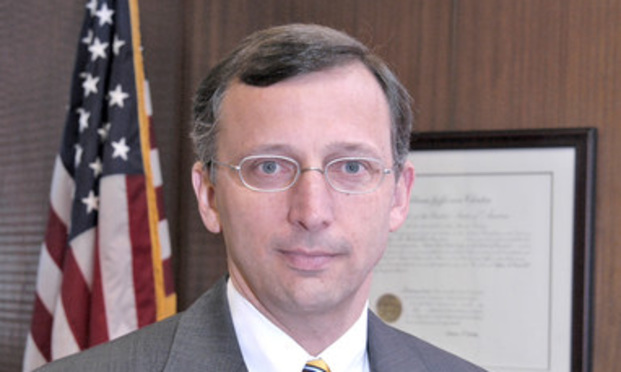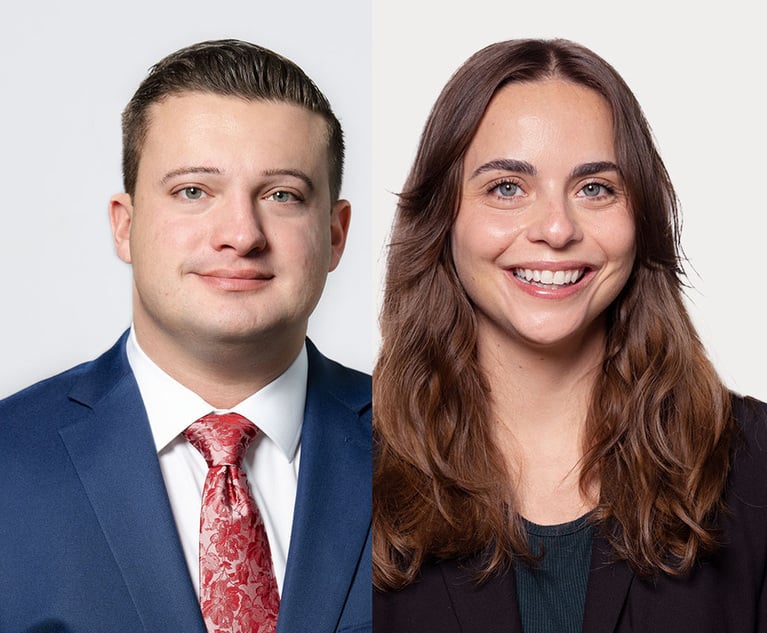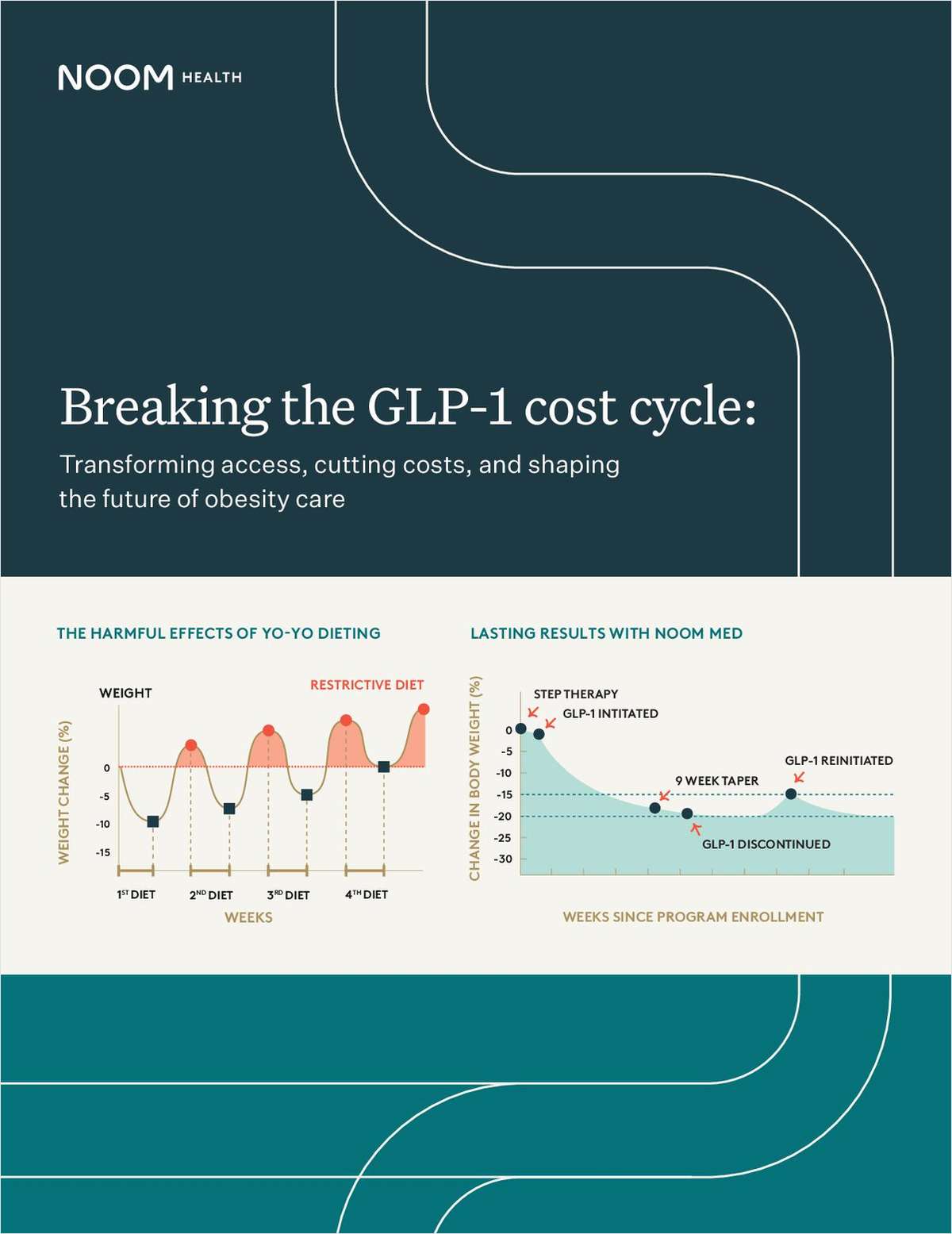In Home Foundation Collapse Litigation, Federal Judge Certifies Thorny Insurance Question to Conn. High Court
"In light of the frequency with which the collapse issue has recurred,” Judge Stefan Underhill wrote, “I now conclude that certification would save time, energy, and resources 'by enabling the state's highest court to provide a 'conclusive' interpretation of 'substantial impairment of structural integrity.'”
May 03, 2018 at 11:20 AM
5 minute read
 U.S. District Judge Stefan R. Underhill of the District of Connecticut/Courtesy Photo
U.S. District Judge Stefan R. Underhill of the District of Connecticut/Courtesy Photo Faced with unclear case law and the prospect of 34,000 homes across Connecticut suffering from crumbling concrete, a federal judge has asked the state's highest court to further define “collapse” in order to help determine whether homeowners' insurance policies will apply.
The ruling issued Monday by U.S. District Judge Stefan Underhill in Karas v. Liberty Insurance may finally clear up a thorny question of insurance law that, he said, “raises important issues of public policy, and is likely—indeed, almost certain—to recur.”
For years, homeowners across nearly 20 towns in northeastern Connecticut claim they have been shocked and then walloped financially when they've realized that their houses' foundations, poured with troublesome concrete supplied by the J.J. Mottes Concrete Co., are cracking beneath them.
The result over the last decade or more, according to Underhill's opinion and multiple New York Times reports, is that the homeowners have made claims under their insurance policies for reimbursement of repairs that sometimes cost hundreds of thousands of dollars. Insurers, often citing policy provisions that cover only sudden or abrupt collapses, have generally denied the claims.
A rash of homeowner lawsuits in both federal and state courts in Connecticut has followed.
Underhill, explaining himself in a nine-page order that certifies a question on collapse for the Connecticut Supreme Court, wrote that he had declined to certify state law questions to the high court in previous concrete-collapse cases because “sufficient precedents exist[ed] for me to make a prediction of how the [Connecticut Supreme Court] would decide the question,” quoting Roberts v. Liberty Mut. Fire Ins., 264 F. Supp. 3d 394, 402 (D. Conn. 2017).
“But in light of the frequency with which the collapse issue has recurred,” he wrote, “I now conclude that certification would save time, energy, and resources 'by enabling the state's highest court to provide a 'conclusive' interpretation of 'substantial impairment of structural integrity,'” citing Arizonans for Official English v. Arizona, 520 U.S. 43, 77 (1997).
He also noted that “determining the extent to which the substantial loss should fall on homeowners or on their insurers entails 'value judgments and important public policy choices that the [Connecticut Supreme Court] is better situated … to make,'” quoting Beck Chevrolet v. GM, 787 F.3d 663, 682 (2d Cir. 2015).
It is the phrase “substantial impairment of structural integrity” that is at the heart of the question Underhill chose to certify to the state high court.
The precise question reads: “What constitutes a 'substantial impairment of structural integrity' for purposes of applying the 'collapse' provision of this homeowners' insurance policy?”
According to Underhill, the most applicable precedent, Beach v. Middlesex Mutual Assurance, 205 Conn. 246 (1987), “arguably provides insufficient guidance” regarding the key question of how to define “substantial impairment of structural integrity” in the context of a collapse, when the term “collapse” is left undefined by the insurance policy at issue.
Moreover, the judge wrote, “No Connecticut appellate decision has squarely applied Beach and arrived at a definition of 'substantial impairment of structural integrity.'”
He also noted that Beach “specifically rejected the insurer's contention that 'collapse … unambiguously contemplates a sudden and complete falling in of a structure,'” but the court did not “further define the standard of 'substantial impairment of structural integrity,'” quoting Beach, 205 Conn. 246, 252.
In the case before Underhill, homeowners Steven and Gail Karas claim they discovered in 2013 that their basement walls were cracking and deteriorating. Their house had been built with J.J. Mottes Concrete Co. concrete that contained a stone aggregate with significant amounts of pyrrhotite, a ferrous mineral that reacts with water, oxygen, and concrete paste to form secondary minerals that expand to crack and destabilize the concrete over time, according to Underhill.
The use of pyrrhotite mineral in residential-foundation construction had never been prohibited or limited under state codes, said a 2016 New York Times article citing a state attorney general's office report.
After the Karases made a claim under their Liberty Insurance policy in 2013, the insurance company denied it the same day, stating that the loss detailed was “deterioration” that wasn't covered by the policy, Underhill wrote.
In December 2013, the Karases sued Liberty, alleging that their loss was a “collapse” under the guidance given in Beach. As part of the suit, they alleged that Liberty had breached its insurance contract with them.
Underhill noted that in 2017 Liberty had moved to certify several questions arising from the suit to the Connecticut Supreme Court, and that the Karases had opposed certification. They later dropped their opposition after learning that U.S. District Judge Robert Chatigny was likely to certify questions in another concrete collapse case, Underhill said.
Michael Parker of the Law Office of Michael D. Parker in Springfield represented the Karases and could not be reached for comment. Nor could Philip Newbury Jr., a partner at Howd & Ludorf in Hartford, who represented Liberty.
Underhill further wrote in the order that certification “is warranted because the concrete collapse cases 'are plainly of great importance to the State,'” quoting World Trade Ctr. Lower Manhattan Disaster Site Litig., 846 F.3d 58, 69 (2d Cir. 2017).
This content has been archived. It is available through our partners, LexisNexis® and Bloomberg Law.
To view this content, please continue to their sites.
Not a Lexis Subscriber?
Subscribe Now
Not a Bloomberg Law Subscriber?
Subscribe Now
NOT FOR REPRINT
© 2025 ALM Global, LLC, All Rights Reserved. Request academic re-use from www.copyright.com. All other uses, submit a request to [email protected]. For more information visit Asset & Logo Licensing.
You Might Like
View All

Federal Judge Approves Harvard's Dismissal of Chip-Patent Suit Against Samsung
2 minute read

Connecticut Movers: New Associates in Stamford and a Head of Business in Vernon
2 minute readTrending Stories
- 1Two Wilkinson Stekloff Associates Among Victims of DC Plane Crash
- 2Two More Victims Alleged in New Sean Combs Sex Trafficking Indictment
- 3Jackson Lewis Leaders Discuss Firm's Innovation Efforts, From Prompt-a-Thons to Gen AI Pilots
- 4Trump's DOJ Files Lawsuit Seeking to Block $14B Tech Merger
- 5'No Retributive Actions,' Kash Patel Pledges if Confirmed to FBI
Who Got The Work
J. Brugh Lower of Gibbons has entered an appearance for industrial equipment supplier Devco Corporation in a pending trademark infringement lawsuit. The suit, accusing the defendant of selling knock-off Graco products, was filed Dec. 18 in New Jersey District Court by Rivkin Radler on behalf of Graco Inc. and Graco Minnesota. The case, assigned to U.S. District Judge Zahid N. Quraishi, is 3:24-cv-11294, Graco Inc. et al v. Devco Corporation.
Who Got The Work
Rebecca Maller-Stein and Kent A. Yalowitz of Arnold & Porter Kaye Scholer have entered their appearances for Hanaco Venture Capital and its executives, Lior Prosor and David Frankel, in a pending securities lawsuit. The action, filed on Dec. 24 in New York Southern District Court by Zell, Aron & Co. on behalf of Goldeneye Advisors, accuses the defendants of negligently and fraudulently managing the plaintiff's $1 million investment. The case, assigned to U.S. District Judge Vernon S. Broderick, is 1:24-cv-09918, Goldeneye Advisors, LLC v. Hanaco Venture Capital, Ltd. et al.
Who Got The Work
Attorneys from A&O Shearman has stepped in as defense counsel for Toronto-Dominion Bank and other defendants in a pending securities class action. The suit, filed Dec. 11 in New York Southern District Court by Bleichmar Fonti & Auld, accuses the defendants of concealing the bank's 'pervasive' deficiencies in regards to its compliance with the Bank Secrecy Act and the quality of its anti-money laundering controls. The case, assigned to U.S. District Judge Arun Subramanian, is 1:24-cv-09445, Gonzalez v. The Toronto-Dominion Bank et al.
Who Got The Work
Crown Castle International, a Pennsylvania company providing shared communications infrastructure, has turned to Luke D. Wolf of Gordon Rees Scully Mansukhani to fend off a pending breach-of-contract lawsuit. The court action, filed Nov. 25 in Michigan Eastern District Court by Hooper Hathaway PC on behalf of The Town Residences LLC, accuses Crown Castle of failing to transfer approximately $30,000 in utility payments from T-Mobile in breach of a roof-top lease and assignment agreement. The case, assigned to U.S. District Judge Susan K. Declercq, is 2:24-cv-13131, The Town Residences LLC v. T-Mobile US, Inc. et al.
Who Got The Work
Wilfred P. Coronato and Daniel M. Schwartz of McCarter & English have stepped in as defense counsel to Electrolux Home Products Inc. in a pending product liability lawsuit. The court action, filed Nov. 26 in New York Eastern District Court by Poulos Lopiccolo PC and Nagel Rice LLP on behalf of David Stern, alleges that the defendant's refrigerators’ drawers and shelving repeatedly break and fall apart within months after purchase. The case, assigned to U.S. District Judge Joan M. Azrack, is 2:24-cv-08204, Stern v. Electrolux Home Products, Inc.
Featured Firms
Law Offices of Gary Martin Hays & Associates, P.C.
(470) 294-1674
Law Offices of Mark E. Salomone
(857) 444-6468
Smith & Hassler
(713) 739-1250










